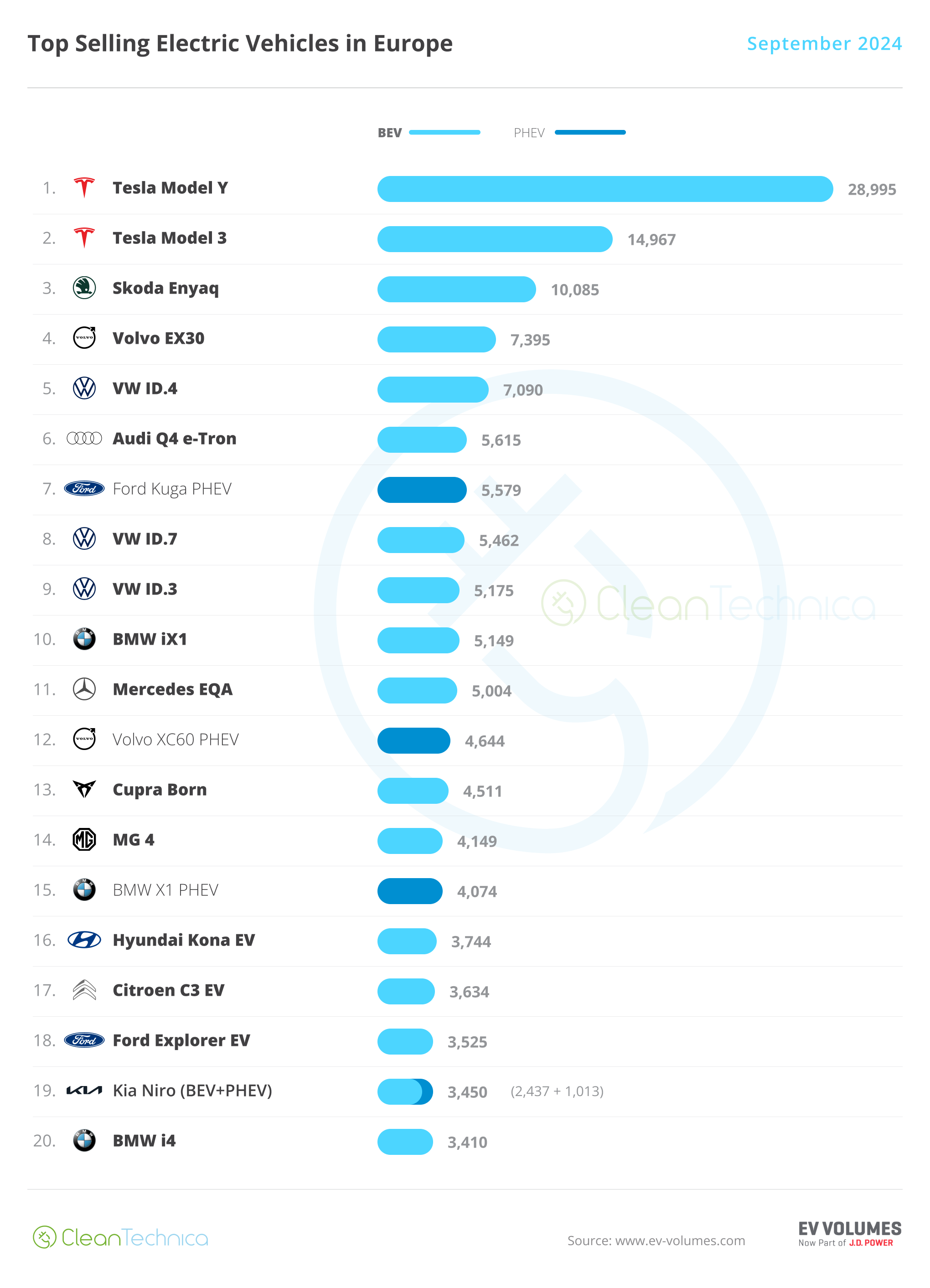US President Donald Trump has announced plans to increase the tariff on steel and aluminium imports from 25 per cent to 50 per cent, which will take effect on June 4.
On February 11, Trump announced a 25 per cent tariff on all steel and aluminium imports into the United States.
The tariff, which was officially implemented on March 12, impacted every country that exports steel and aluminium to the US, including Australia.
Now, Trump is looking to increase the steel and aluminium tariffs to 50 per cent.
“We are going to be imposing a 25 per cent increase,” Trump said on May 31.
“We’re going to bring it from 25 per cent to 50 per cent the tariffs on steel into the United States of America, which will even further secure the steel industry in the United States.”
In response to the announcement, Federal Trade and Tourism Minister Don Farrell said Australia’s position on the US tariffs, including the baseline 10 per cent tariff on Australian imports that came into effect on April 5, has been “consistent and clear”.
“These tariffs are unjustified and not the act of a friend,” Farrell said.
“They are an act of economic self-harm that will only hurt consumers and businesses who rely on free and fair trade. We will continue to engage and advocate strongly for the removal of the tariffs.”
While the Federal Government hasn’t been able to secure an exemption to the tariffs, Farrell said no retaliatory steps will be taken but he will continue to advocate for the decision to be reversed.
“It’s the wrong policy,” Farrell said.
“It simply pushes up prices for American consumers. And that’s not good for the Americans. And it’s certainly not good for Australian steel and aluminium producers.”
Back in April, the Federal Government unveiled its plans to counter US tariffs to alleviate impacts on industry.
This included:
- strengthening Australia’s anti-dumping regime
- supporting affected sectors to expand our trade relationships with new markets
- establishing an economic resilience program through the National Reconstruction Fund
- encouraging people to buy Australian products
- establishing a Critical Minerals Strategic Reserve.
While aluminium is considered a critical mineral in the US, it is not currently on Australia’s critical minerals list. The Australian Aluminium Council is calling for it, alongside bauxite and alumina, to be added as the sector is “vulnerable to disruption”.
Australian Aluminium Council chief executive officer Marghanita Johnson said bauxite, alumina and aluminium are globally traded commodities and there are interdependencies in these supply chains.
“We are working to understand the impact of both differentiated national and the recently revised aluminium specific tariff on Australia’s aluminium trade,” Johnson said.
“A key concern is the potential for the distortion of international trade flows, which disrupt efficient market operations and increase the risk of trade diversion.
“On April 2, we welcomed the (Federal) Government’s clear Statement of Expectations for the Anti-Dumping Commission, which plays a critical role in protecting Australian manufacturers from unfair trade practices and recognises the increased risks faced by Australian manufacturing at this time.
“We seek a reiteration of this statement from the new Minister for Industry (Tim Ayres), as a first step in long overdue reforms to ensure Australia’s manufacturers can continue to compete in the face of uneven global competition and high risk of trade diversion.”
If Australia is unable to secure an exception from the increasing US steel and aluminium tariffs, there are short-term strategies that businesses can implement to cushion the impact.
These include flexible contracting, nearshoring, diversification and financial hedging.
Subscribe to Australian Mining and receive the latest news on product announcements, industry developments, commodities and more.




